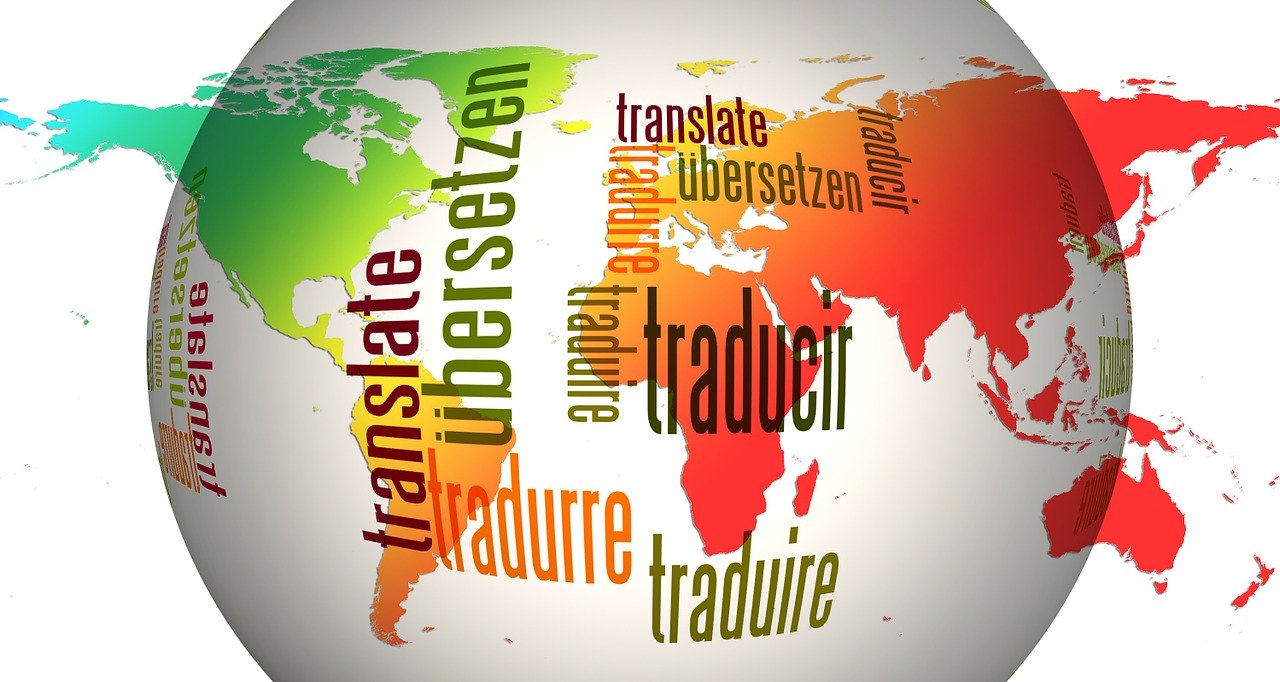Why do languages sound different?

Check the videos below and compare the short staccato sound of Icelandic with the low, flowing sound of Hawaian. How can human language end up sounding so different?
Well, it’s probably down to the environment. A study has shown a clear correlation between the number of consonants in languages and their geographical region. In the tropics languages have lower, more vowel-heavy sounds whereas in temperate northern areas the languages have more short consonant sounds.
The theory is that in densely forested, humid environments bassy sounds travel further and are easier to hear than short guttural sounds, thus making communication easier.

The same thing can be heard in birds where low frequency songs are optimal for obstructed, densely vegetated habitats, because slowly modulated song elements are less susceptible to signal degradation by means of reverberations off sound-reflecting vegetation.
High frequency calls with rapid modulations are optimal for open habitats because they degrade less across open space.
Compare human voices:
Compare birdsong:
Sources:
https://www.earthmagazine.org/article/temperature-and-tone-has-climate-shaped-human-languages
https://www.sciencemag.org/news/2015/11/human-language-may-be-shaped-climate-and-terrain






